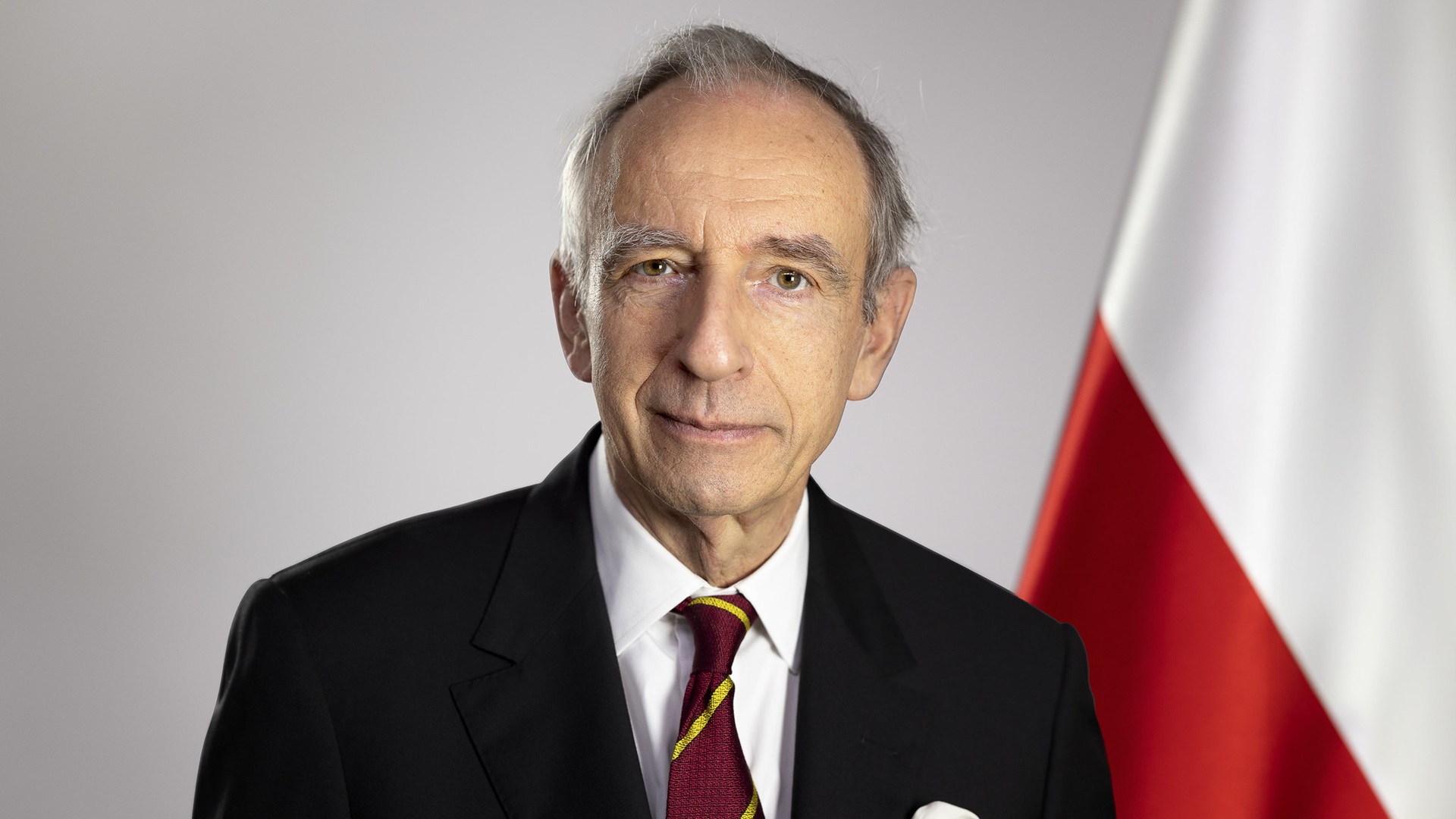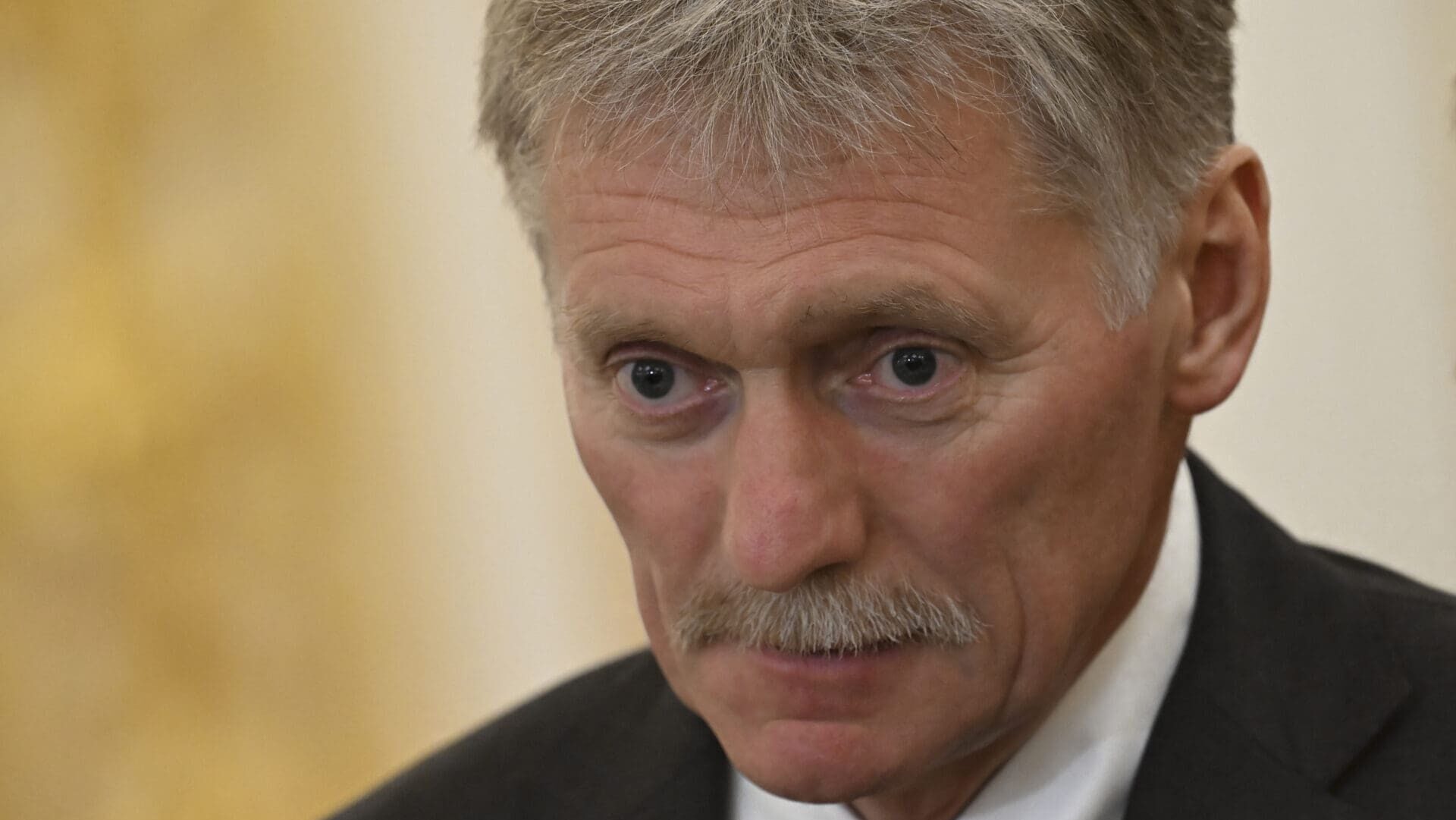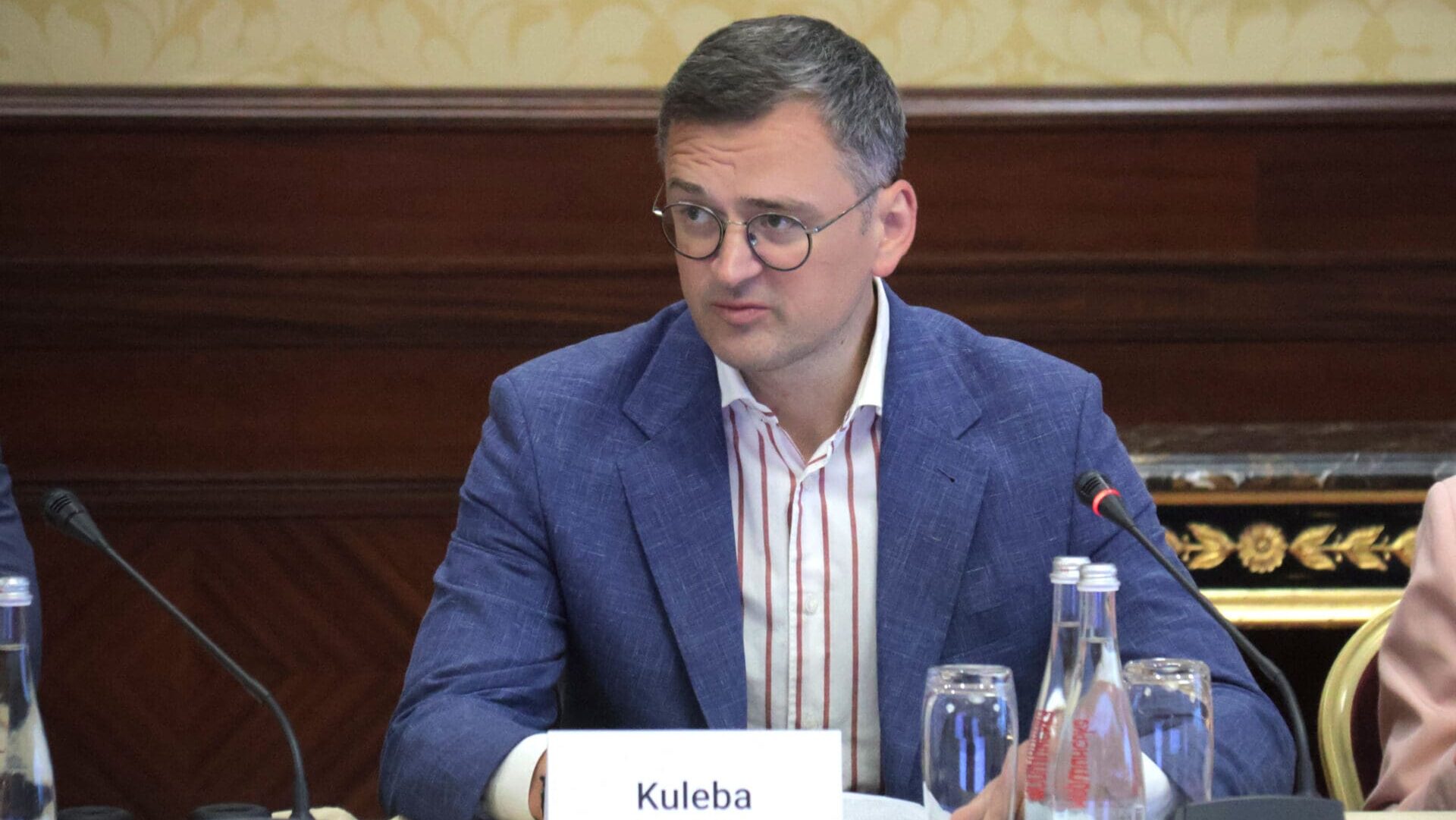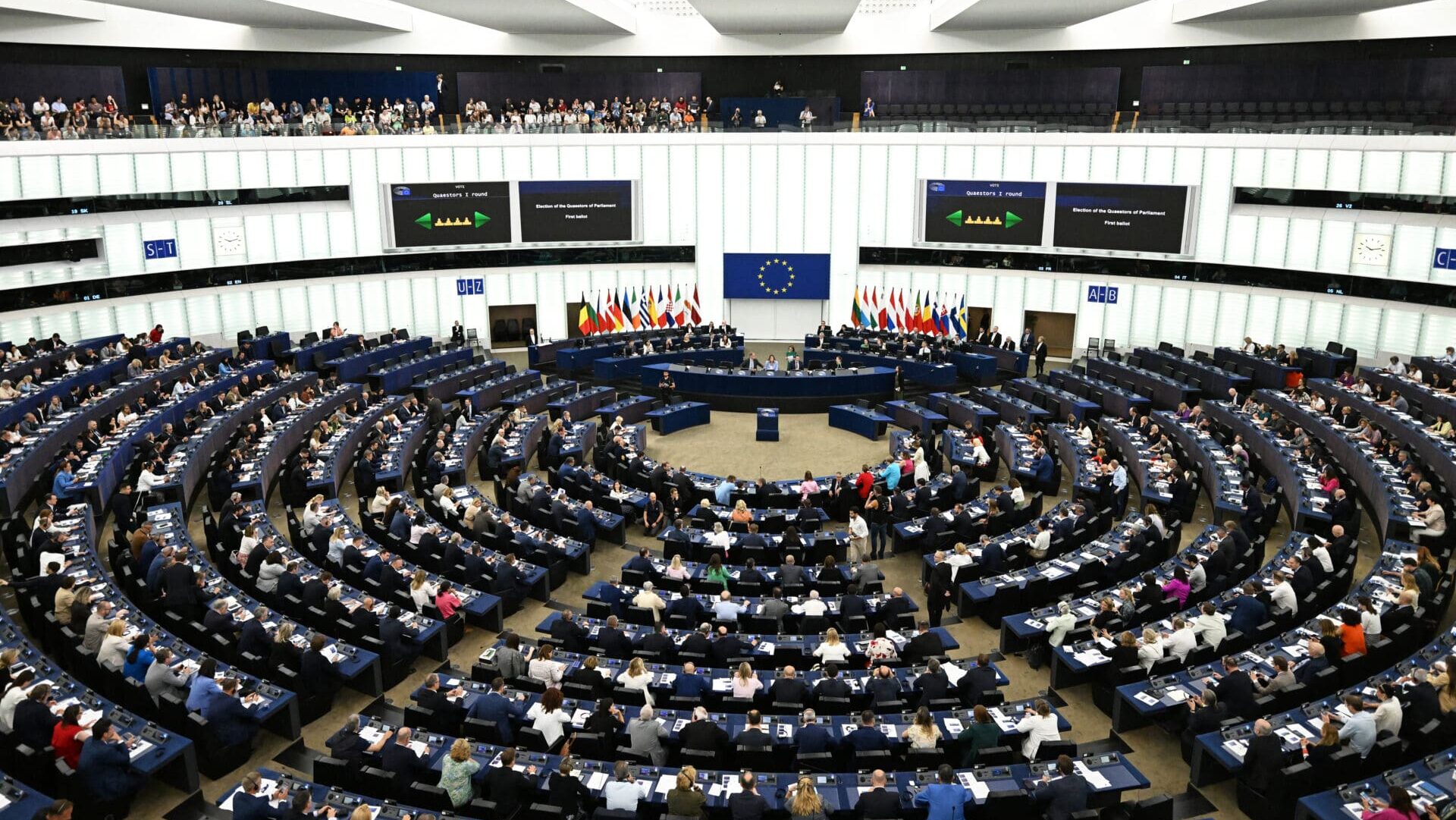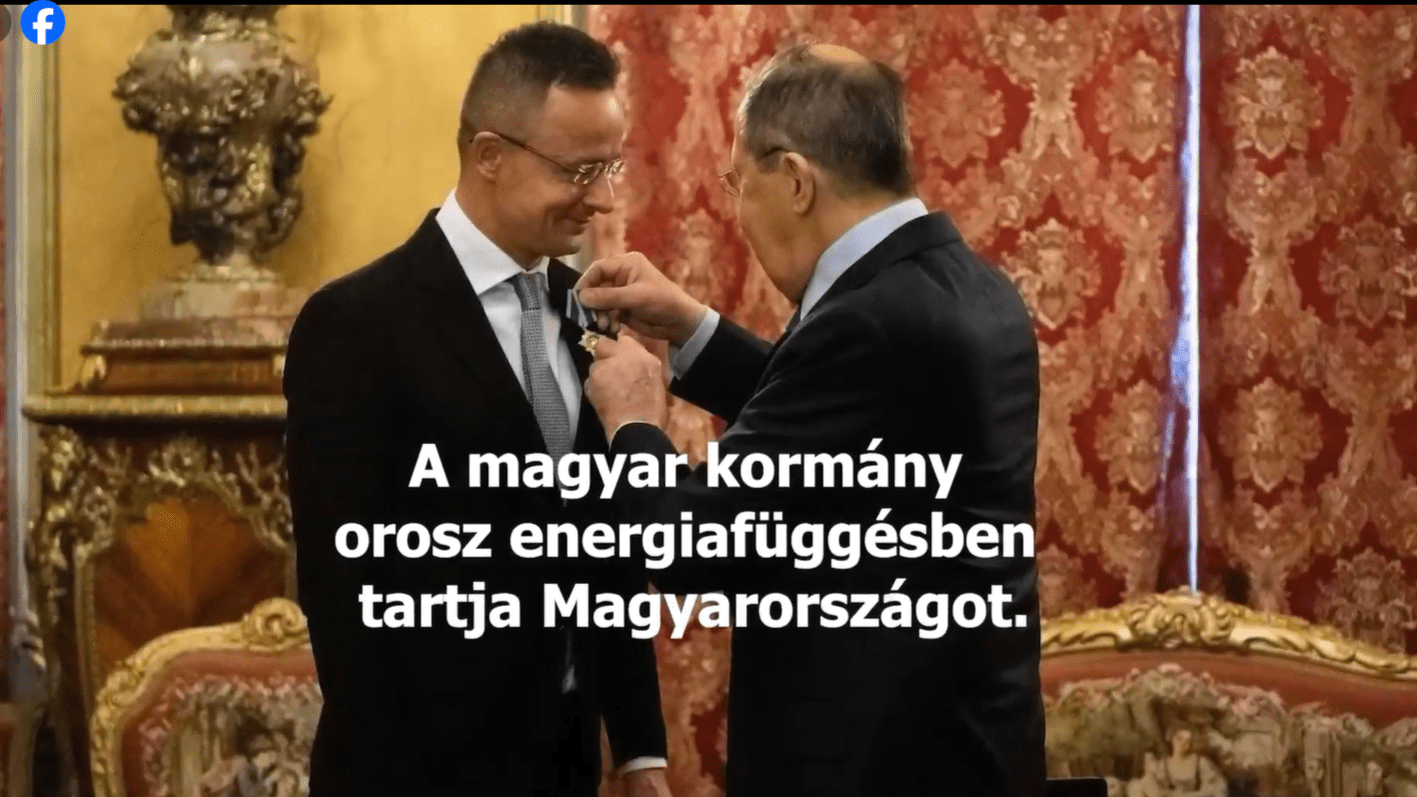
POLITICO Draws Contrast Between Tim Waltz, JD Vance Relations with Viktor Orbán
Within hours of the announcement of Kamala Harris picking Minnesota Governor Tim Walz as her running mate, the American news site POLITICO published an article comparing Governor Walz’s views of PM Orbán of Hungary to that of Senator JD Vance of Ohio, the Vice Presidental candidate on the Republican side.

